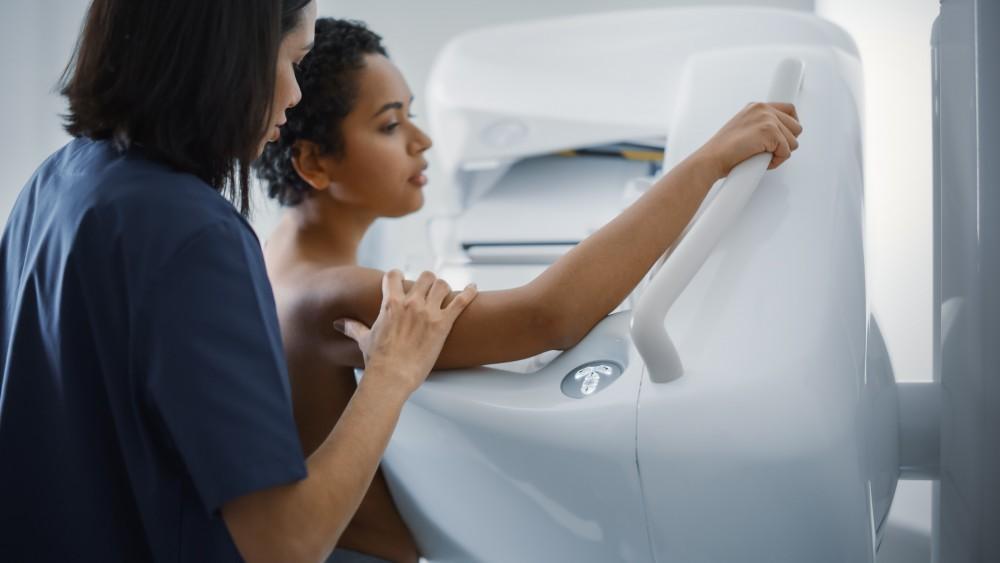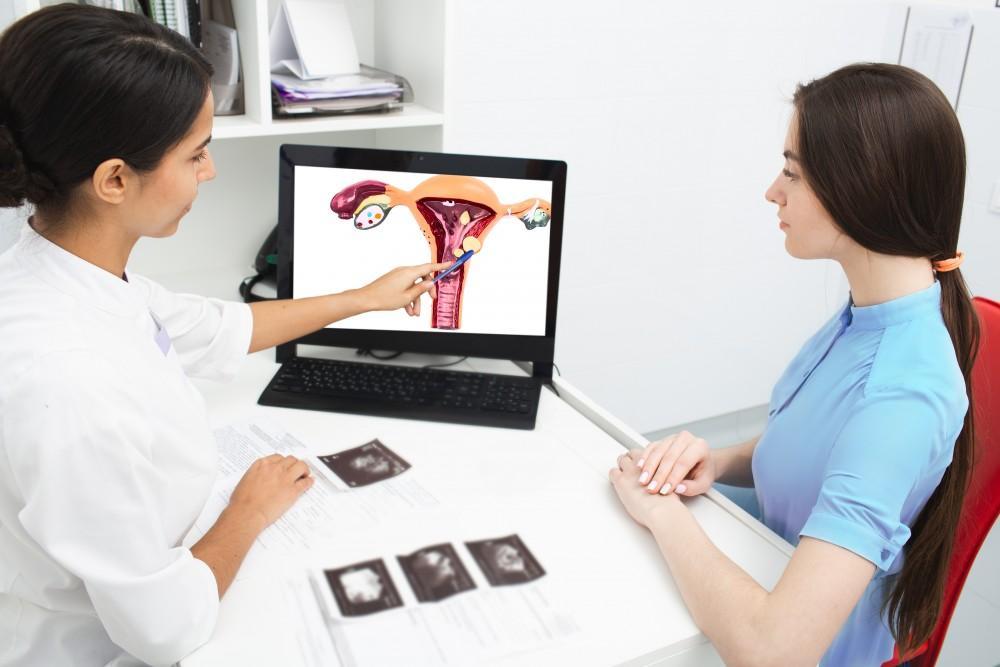
What to Expect From Your First 3D Mammogram
A mammogram is an X-ray of your breasts. It’s the best way to identify early...
Read MoreAbout half of American women over age 50 will break a bone due to osteoporosis. Osteoporosis is the most common bone disease in the country, and it makes your bones more fragile and prone to breaking.
Anyone can get osteoporosis, but it’s particularly common in women — and your risk increases as you age. But is getting osteoporosis inevitable?
You can’t control every risk factor for osteoporosis, and it can’t be 100% prevented. However, there’s still a lot you can do to maintain strong bones as you get older.
At The Women's Center, our team works with women of all ages to protect and improve their health. Today, we’re taking a closer look at osteoporosis and how you can lower your risk of this common bone disease.
Unfortunately, there’s no way to ensure you stay free of osteoporosis. Your age, sex, and genetic makeup are major risk factors that are out of your control. Other factors, however, you can control.
Implementing these healthy lifestyle changes can protect your bone health and lower your risk of developing osteoporosis.
The food you eat fuels your body, and it’s essential for healthy bones. Strive to eat a diet that’s rich in fruits, vegetables, whole grains, and lean protein. Protein is an important building block for bone density, along with key nutrients like calcium and vitamin D.
To reduce your risk of osteoporosis, make sure you’re getting the daily recommended amount of calcium. That’s about 1,000 mg for women 50 and younger, and 1,200 mg for women over 50. Calcium is found in dairy products and dark green leafy veggies.
Vitamin D helps your body absorb the calcium you consume to strengthen your bones. You can get vitamin D from certain foods and the sun, but you may need nutritional supplements to meet your recommended daily value.
Everyone should prioritize physical activity to enjoy better health. But when you’re trying to prevent osteoporosis, it becomes even more important.
Certain types of exercise fight age-related bone loss by stimulating bone cell growth. Weight-bearing exercise, like running or walking, and strength-training activities, like weightlifting, improve bone strength and help you ward off osteoporosis as you get older.
It might sound intense, but you don’t have to participate in strenuous training to get the benefits. Ask our team about ways to increase your activity level safely and effectively.
Cigarette smoking dramatically increases your risk of developing osteoporosis. Smoking releases toxins that damage bones, slow the production of bone cells, and limit your body’s ability to absorb calcium.
If you smoke, kicking the habit can help lower your risk of osteoporosis. If you don’t smoke, don’t start.
Heavy alcohol consumption can also influence your risk of osteoporosis. Alcohol negatively affects bone health, so strive to keep consumption to a minimum, or eliminate it completely from your diet.
Even if you’re generally healthy, there’s no way to completely prevent osteoporosis. The condition doesn’t have many early warning signs, and preventive screenings are very important.
Our team at The Women’s Center specializes in dual-energy X-ray absorptiometry (DEXA) scans. Getting a DEXA scan is painless, and it’s the best way to evaluate your bone density to determine your risk of osteoporosis.
We generally recommend that all women over age 65 get a bone density test, but certain factors may mean you should get one sooner. Talk to our team if you have risk factors for osteoporosis, and we can help you decide if screening is right for you.
If you have osteoporosis or low bone density, you may benefit from more frequent screenings to measure the success of your treatments.
You can’t fully prevent osteoporosis, but there’s a lot you can do to boost bone density and protect your health. For more personalized recommendations, book a consultation at one of our Orlando, Florida, area locations. Call or book an appointment online today.




A mammogram is an X-ray of your breasts. It’s the best way to identify early...
Read More
About 1 in 10 women has ovarian cysts. These small growths form on your ovaries,...
Read More
If you and your partner have decided you’re ready to start growing your family, you’re...
Read More